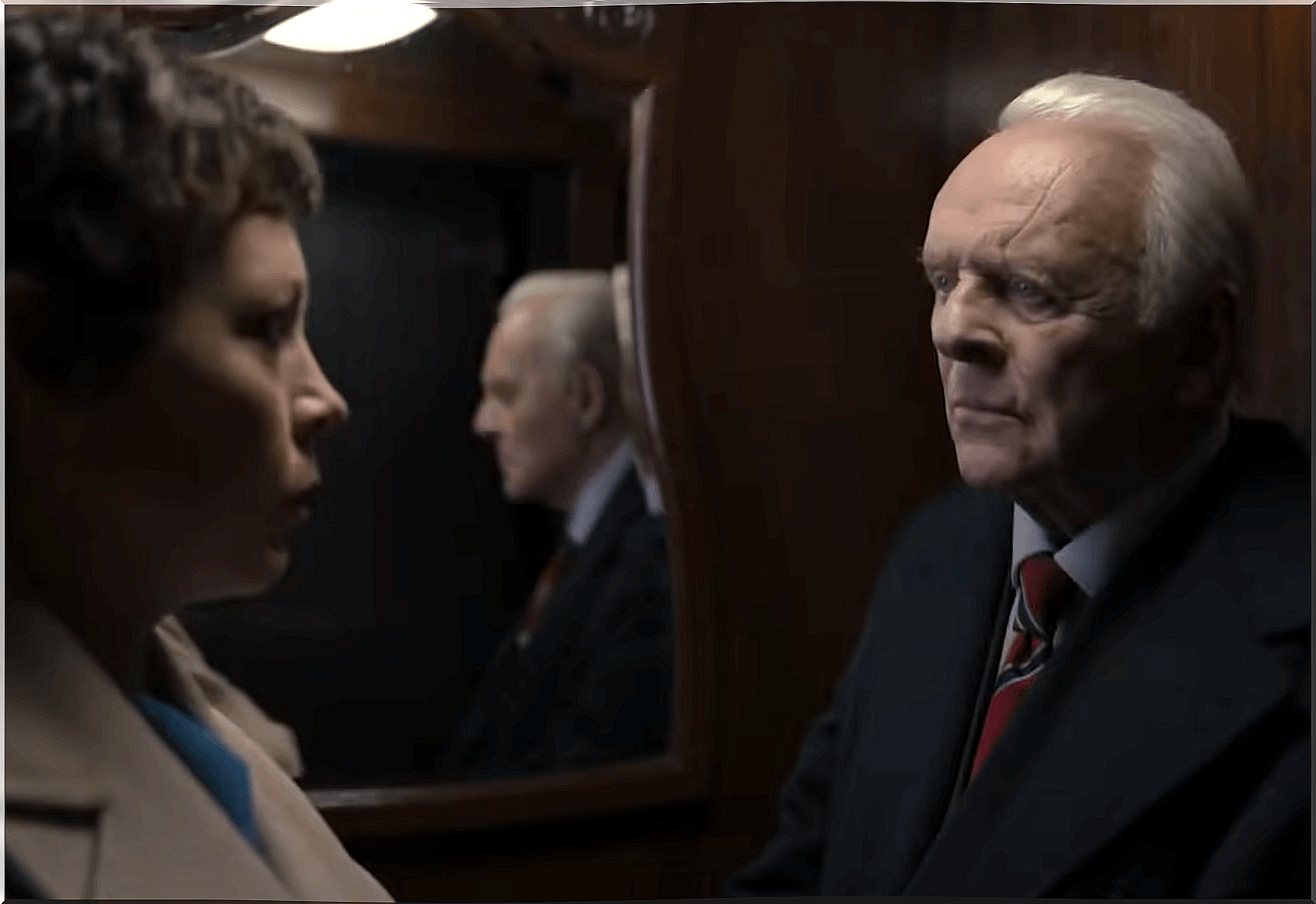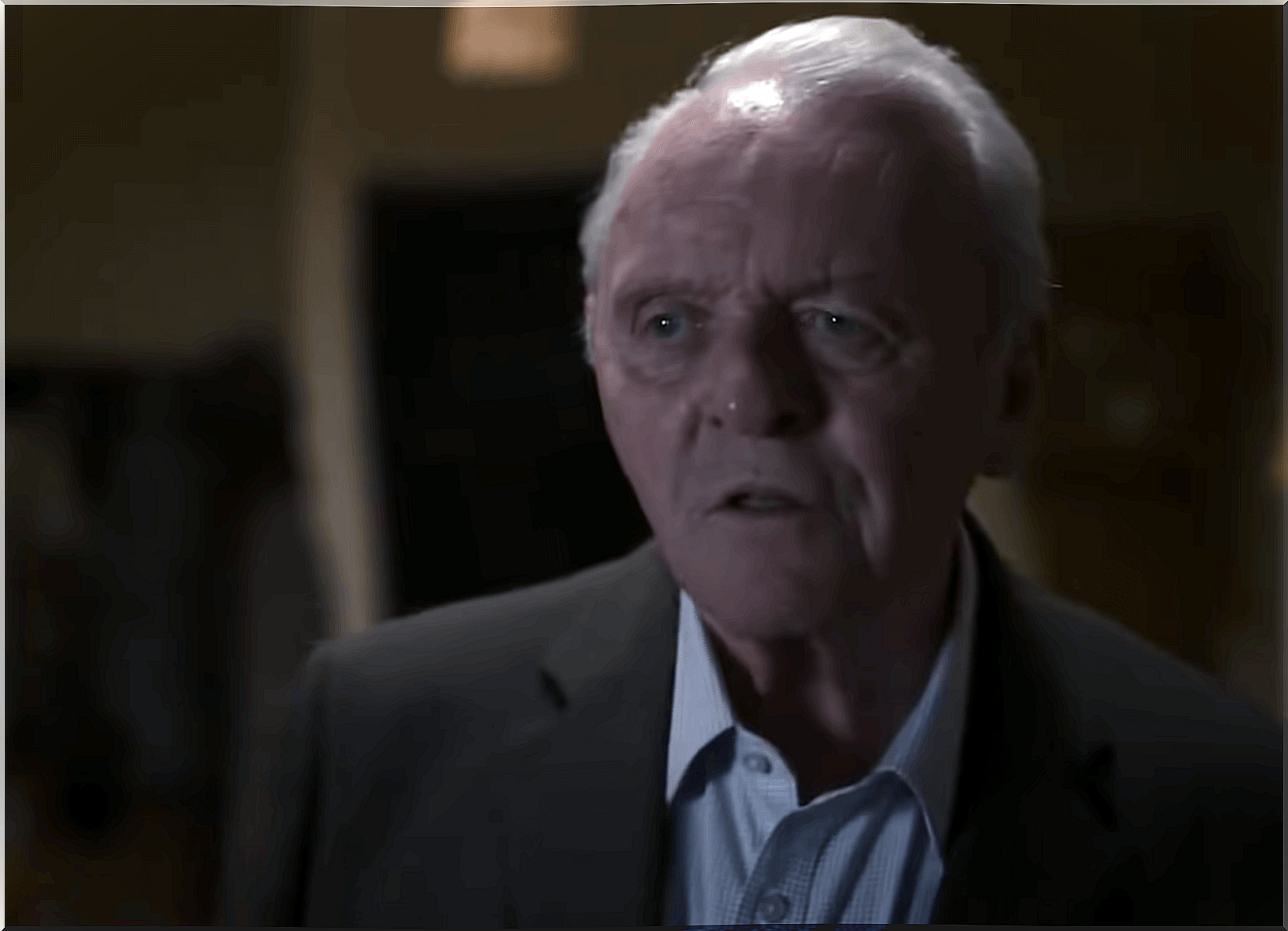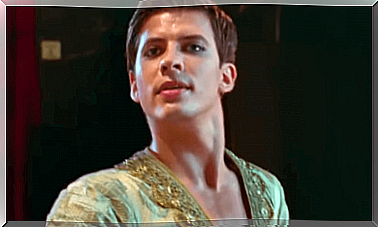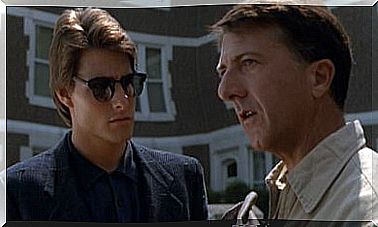The Father, A Moving Film About Alzheimer’s

The protagonist of The Father, Anthony Hopnkins, has recently won the Oscar for best actor, and stands out for his performance as a veteran actor. We are facing the longest-lived actor in the history of cinema to be awarded an Oscar, at 83 years old. And it is that talking about the father, is talking about its protagonist, Anthony Hopkins, who “makes” the film with his impeccable performance.
The father is a film that shows the reality of Alzheimer’s in the first person. Through Anthony’s eyes, we enter a world whose perception fluctuates between the unsettling and the hostile, and at times between the loving and endearing.
Viewers come to witness the inexorable deterioration of senile dementia and how the protagonist’s daughter, Olivia Colman, is overwhelmed by the situation itself. It also shows us the dilemma of placing his father in a residence, when the resources to care for him at home are no longer sufficient.
Different characters, same setting
Throughout the film, the different characters are shown, on the same stage. This is so because it is an adaptation of the homonymous play that the director Florian Zeller made in the first instance. Later, he adapted it to the cinema and therefore, the theatrical influence in the configuration of scenes is noticeable.
This scenario is usually the same, although there are variations, they all have a particularity: they are all interior. Also change the props, a mirror that changes in size or doors as they were made for the film. The setting immerses us in a suffocating atmosphere; the setting plays an important role in the memory and consciousness of the character.
Thus, the film shows us that l awareness of the protagonist is lost, as their personal belongings and place where you are lost in the labyrinths of memory . Generally, these memory losses are accompanied by a feeling of restlessness and frustration.
On the other hand, different characters appear in the film that for Anthony pose a challenge, since they tell him personal information that he does not know, such as that his daughter is going to live in Paris. These characters are entering the film, in such a way that the spectator and the protagonist coincide in the perception of misinformation, generating a feeling of unease.
Aphasic-apraxo-agnosic syndrome
Anthony’s illness makes us witnesses of his evolution. Through his own perception of the world, he shows us the syndromic picture of Alzheimer’s disease.
The clinical part is portrayed in the film in a very natural way, as it manifests itself in reality. Let’s see a little more about this syndrome.
The prefix “a” in this syndrome means the absence of the following function:
- Aphasia. It is about the loss of ability to produce or understand language, due to lesions in brain areas specialized in these functions. Mostly, the difficulties that arise have to do with reading and writing.
- Apraxia Second, there are difficulties in performing movements with a purpose. In an advanced stage of the disease, Anthony shows difficulty dressing.
- Agnosia Finally, there is agnosia, the lack of knowledge, about their identity and that of other people.
In general, in this last phase, people lose the autonomy that is linked to the loss of awareness of their identity. The aphaso-apraxo-agnosic syndrome is shown in this order and the last syndromic manifestation, agnosia, is the highest expression of Alzheimer’s.

Implicit memory and explicit memory
Explicit memory is one that includes conscious memories of events, places, people or objects. Implicit or instrumental memory is one in which previous experiences help in the execution of tasks, such as habits, awareness, classical conditioning, as well as perceptual and motor skills such as riding a bicycle.
In general, the protagonist suffers losses in long-term memory, in declarative memory (episodic memory – which refers to the loss of memory of past events – and principles of semantic memory). You can also later suffer losses in procedural memory, which is what participates in the memory of the motor and executive skills necessary to perform a task.
In the development of the plot, we can observe how the protagonist loses his explicit memory – he does not remember objects or places -, to later lose the implicit one, about his habits and skills.
In the agnosia stage, the father focuses on the daughter’s moral dilemma about what to do when her father loses these basic abilities, and with them, his autonomy.
In addition, The father, referring to his name, reflects the contradictions, achievements and setbacks of the struggle for life in a clinical context as devastating as that of Alzheimer’s disease.
Perhaps the best point of the film The Father is its honesty with the helplessness generated by a disease that progresses without respite to the patient, and not to the people who care for him.









